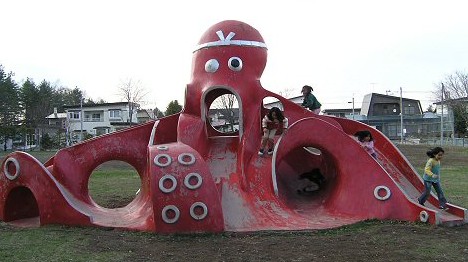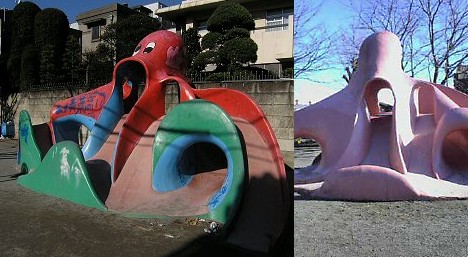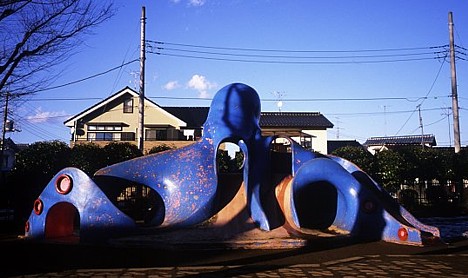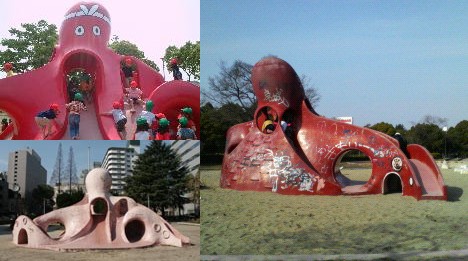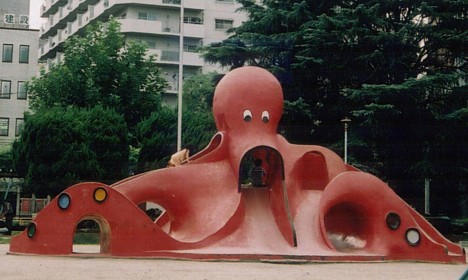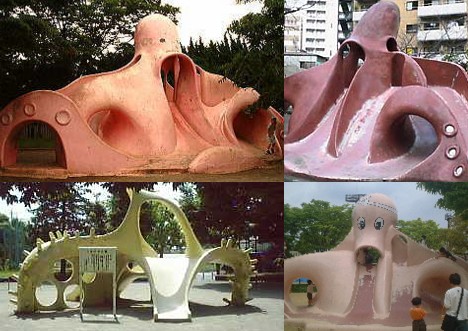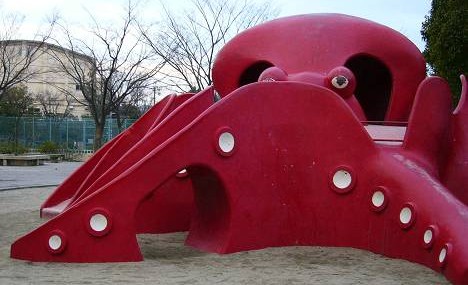
Wake up and smell the pencil lead, says Japanese stationery and writing instrument manufacturer Pentel, who has combined the power of nanotechnology with the knowledge of expert aromatherapists to develop a new type of fragrant pencil lead. Featuring a long-lasting aroma designed to enhance mental capacity, the pencil lead -- called "Ain supplio" -- recently won the coveted Stationery of the Year Award (2007).
Unlike previous types of fragrant lead, which use weak aromatic surface coatings that tend to lose their smell quickly, Ain supplio relies on fragrant ingredients trapped in nanocapsules, or tiny air bubbles, which are infused into the lead itself. The microscopic size of the nanocapsules gives them extra strength to hold their fragrance for long periods of time -- about 3 years if kept in the unopened package, 2 years if kept in their plastic case, and more than 3 months out in the open air.
Tentatively priced at 210 yen (under $2) per set, Ain supplio comes in three flavors -- Refresh, Healing and Positive -- each prepared by aromatherapists working with ingredients such as rosemary, mint, lemongrass and green tea. The aromatic blends are specially designed to boost the learning capacity of those in smelling range, says Pentel, who hopes the product will appeal to students. Ain supplio will hit shelves in September, just in time for the fall semester.
[Source: IT Media, Pentel press release]


 The Mickey Mouse Gas Mask was manufactured in 1942, at a time when segments of the American population, particularly those in Hawaii, feared a potential gas attack by the Japanese. With the permission of Walt Disney himself, 1,000 of the masks were produced for the US Army, who distributed them to civilians in the hope that the friendly, toy-like design would encourage children to carry them around and wear them for longer periods of time should an actual attack ever occur, thus improving their chances for survival. Apparently, this concept inspired Yanobe to create Mickey the Knight.
The Mickey Mouse Gas Mask was manufactured in 1942, at a time when segments of the American population, particularly those in Hawaii, feared a potential gas attack by the Japanese. With the permission of Walt Disney himself, 1,000 of the masks were produced for the US Army, who distributed them to civilians in the hope that the friendly, toy-like design would encourage children to carry them around and wear them for longer periods of time should an actual attack ever occur, thus improving their chances for survival. Apparently, this concept inspired Yanobe to create Mickey the Knight.
 Over the past several months, small stacks of envelopes, each containing a 10,000 yen bill (about $85) and a handwritten letter, have been turning up in the restrooms at prefectural offices across Japan. On July 11, officials announced the mystery money has been found in 33 different restrooms in government offices located in 15 prefectures -- Hokkaido, Aomori, Miyagi, Akita, Niigata, Saitama, Chiba, Shizuoka, Tokyo, Osaka, Nara, Hyogo, Oita, Nagasaki and Miyazaki.
Over the past several months, small stacks of envelopes, each containing a 10,000 yen bill (about $85) and a handwritten letter, have been turning up in the restrooms at prefectural offices across Japan. On July 11, officials announced the mystery money has been found in 33 different restrooms in government offices located in 15 prefectures -- Hokkaido, Aomori, Miyagi, Akita, Niigata, Saitama, Chiba, Shizuoka, Tokyo, Osaka, Nara, Hyogo, Oita, Nagasaki and Miyazaki.  On the morning of July 10, police responding to an emergency call in the town of Miura, about 30 miles south of Tokyo, found a bound and gagged man lying apparently unconscious next to a forest road. The victim, a 22-year-old Leading Seaman stationed at the Japan Maritime Self-Defense Force base in Yokosuka, told police a man had attacked him, tied his hands, stuffed a towel in his mouth and dumped him alongside the wooded road.
On the morning of July 10, police responding to an emergency call in the town of Miura, about 30 miles south of Tokyo, found a bound and gagged man lying apparently unconscious next to a forest road. The victim, a 22-year-old Leading Seaman stationed at the Japan Maritime Self-Defense Force base in Yokosuka, told police a man had attacked him, tied his hands, stuffed a towel in his mouth and dumped him alongside the wooded road. 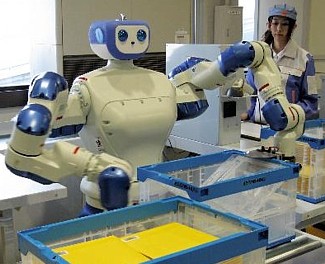 Industrial robot maker Yaskawa Electric has teamed up with megaconglomerate Mitsui & Co., Ltd. and packaging system manufacturer Hokusho Co., Ltd. to develop a parcel sorting system that employs agile robot workers capable of quickly classifying and separating small items such as mail packages and clothing. The system, now being demonstrated at one of Hokusho's factories, employs Yaskawa's Motoman-DIA10, which features a pair of smooth-moving, seven-axis robotic arms mounted on a human-sized torso.
Industrial robot maker Yaskawa Electric has teamed up with megaconglomerate Mitsui & Co., Ltd. and packaging system manufacturer Hokusho Co., Ltd. to develop a parcel sorting system that employs agile robot workers capable of quickly classifying and separating small items such as mail packages and clothing. The system, now being demonstrated at one of Hokusho's factories, employs Yaskawa's Motoman-DIA10, which features a pair of smooth-moving, seven-axis robotic arms mounted on a human-sized torso.  Researchers at Japan's Jikei University will soon be checking the mailbox for a cool package from Siberia -- the recently discovered frozen body of an ancient baby mammoth. The nearly complete body of the female calf, said to be one of the best-preserved specimens of frozen mammoth ever discovered, is estimated to have been less than one year old before it was preserved in ice about 10,000 years ago.
Researchers at Japan's Jikei University will soon be checking the mailbox for a cool package from Siberia -- the recently discovered frozen body of an ancient baby mammoth. The nearly complete body of the female calf, said to be one of the best-preserved specimens of frozen mammoth ever discovered, is estimated to have been less than one year old before it was preserved in ice about 10,000 years ago. 